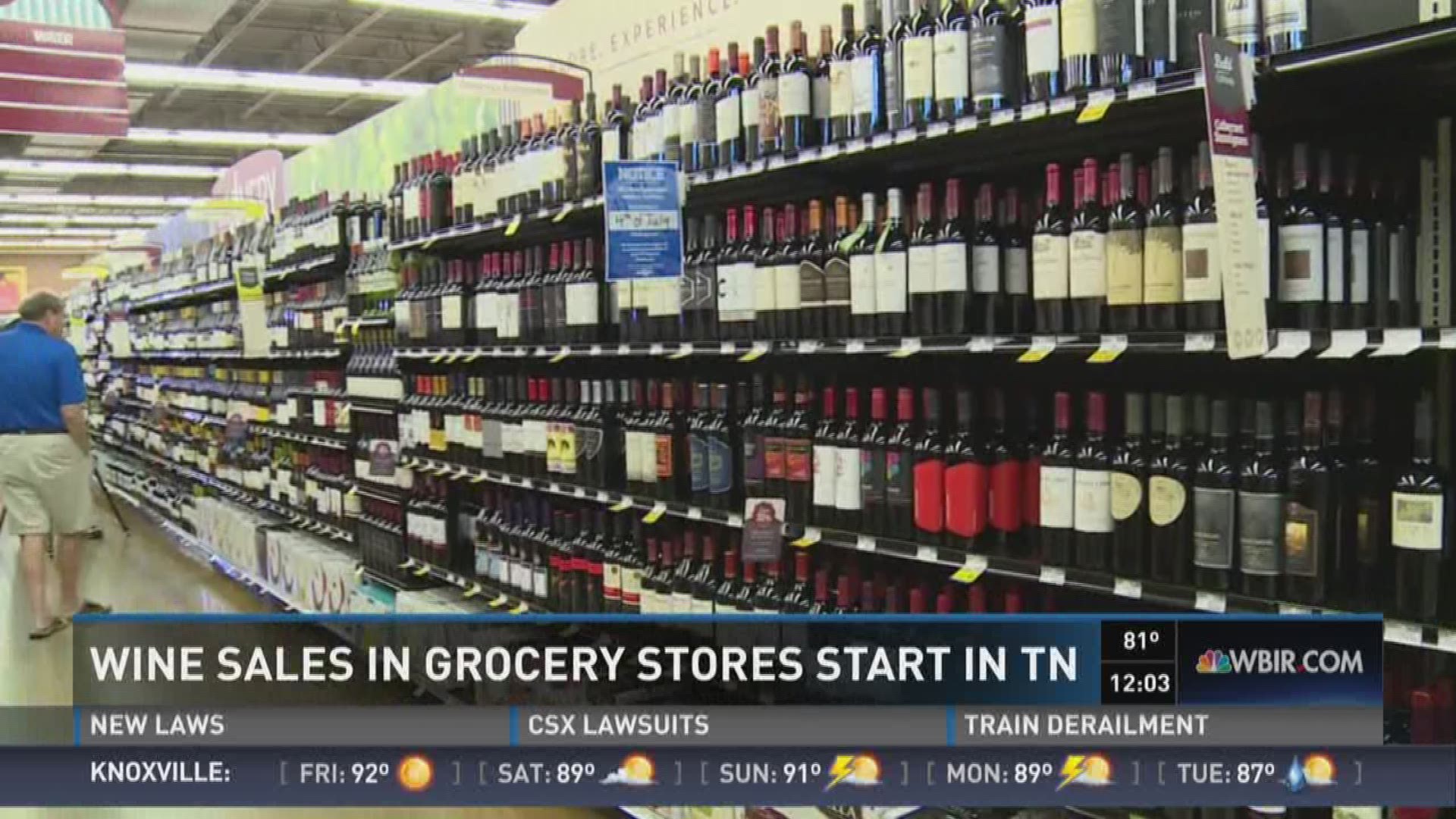Tennessee liquor and grocery retailers urged lawmakers on Tuesday to permit Sunday sales of wine and liquor. The legislative effort would allow them to benefit from an additional day of sales and better serve consumers, they said.
The legislation, sponsored by Rep. Gerald McCormick, R-Chattanooga, and Sen. Bill Ketron, R-Murfreesboro, would align hours of liquor and wine sales with beer sales, removing Sunday and holiday restrictions.
"Sunday sales is going to help a lot of stores stay in business," Chester Crowley, owner of MC's Wine and Liquor in Knoxville, said at a House committee hearing.
Crowley estimates that the wine in grocery store legislation, put into effect in 2016, has reduced his revenue by 20 percent. Liquor stores located closer to urban areas and grocery stores have felt a greater impact, Crowley said, noting two Knoxville stores that have closed.
Two liquor store owners and a Kroger representative spoke in favor of the Sunday sales measure, but other wine and liquor stores are expected to oppose it.
The measure could pressure them to pay extra operating costs without experiencing gains felt by nearby grocery stores, according to industry experts. Those opposed to the legislation will be allowed to speak before lawmakers at a later date.
David Ozgo, an economist with the Distilled Spirits Council in Washington, D.C., said shoppers are making fewer trips to liquor stores since wine was added to Tennessee grocery store shelves. They are more likely to substitute beer and wine for spirits because of convenience, he said.
Ozgo estimated that Tennessee wine and liquor store sales fell 9.5 percent in the year through October 2017, with overall revenue falling about $90 million, or $130,000 on average per store. If Sunday sales are permitted, revenue would climb by as much as seven percent, or $28 million, he said.
"All shoppers react to convenience," Ozgo said. "Some retail stores will make the choice to stay closed, but for many, the right to open will allow them to meet their customers' demand on one of the busiest shopping days of the week."
Chad Murphy, owner of The Cellar Wine & Spirits in Charlotte, Tenn., said his store has not been impacted by wine in grocery store legislation because he is in a fairly rural area and few competitors exist. To open on Sunday, he would have to add a staff member, but the additional revenue — likely a 10 percent increase — would exceed that cost.
"I want the choice and opportunity to operate seven days a week, " Murphy said. "That should be a decision that the business owner should make."
On Sundays, distilleries near Crowley's liquor store are able to sell their products, but Crowley is limited by state law.
"My customers have to go there and pay more on a Sunday," Crowley said. "It would be a convenience for them to be able to come to me and save their money and get what they want."
Lawmakers approved wine sales in grocery stories in 2014 but municipalities had to approve the measure through local referendums. Wine and liquor shops fought the legislation but consumers welcomed the added convenience.
McCormick said nearly 40 states now permit Sunday sales of alcoholic beverages, five of which border Tennessee. He said he observes Chattanooga residents crossing over the state line on Sundays to make wine and liquor purchases, which means lost tax revenue for Tennessee. He emphasized that no store owner would be required to open, and that consumers stand to gain if the bill is passed.
"I'm hearing from people in my district," McCormick said. "They are consumers, they are voters and they are our bosses."
Reach Jamie McGee at 615-259-8071 and on Twitter @JamieMcGee_.

